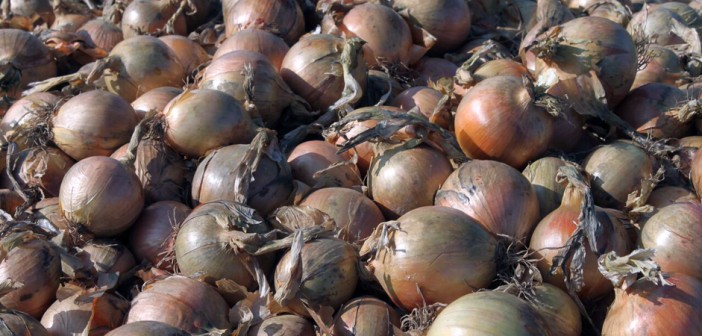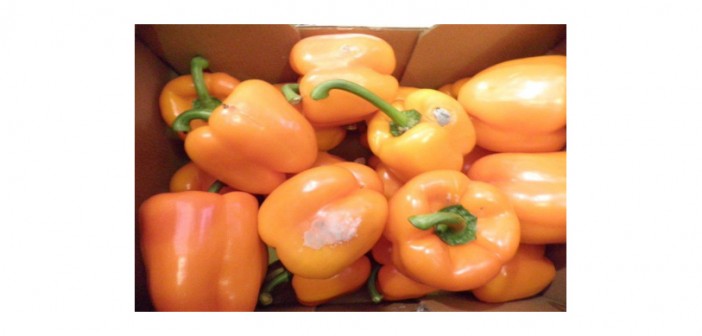According to newspaper reports, Waitrose is simplifying its terms of payment to speed up the time it takes to pay smaller suppliers after an internal review indicated that, following a change to Tesco’s payment terms, the upmarket supermarket was taking longer than its rivals to pay some suppliers.
An anonymous supplier to both Tesco and Waitrose told The Times, “I used to be on 60 days [payment duration]with Tesco, but now I am on 14 days. I am on 45 days with Waitrose and it nearly kills me sometimes.”
Waitrose director of commercial operations is leading the payment review and has said that the review process could run for many months.
Delayed and rebated payments are one of the most common issues raised with the Groceries Code Adjudicator and it is believed that accounting for rebates and supplier payments was at the heart of Tesco’s accounting scandal which broke last year.

The post Waitrose under fire for supplier payments appeared first on Hort News on 22 January 2016.








